Conservation through storytelling
Media key in conservation fight
An informed society is the best weapon against wildlife crime, and the media is the best ally for anyone trying to raise public awareness of the devastating effects that organised wildlife crime has on wildlife populations and on local communities.
With this in mind, Wildlife Crime Prevention (WCP) organised a two-day visit for nine journalists from Lusaka to the Lower Zambezi National Park, one of Zambia’s largest and most economically viable wildlife havens. The journalists come from some of the country’s biggest and most influential media houses.

Upon arrival at the Conservation Lower Zambezi (CLZ) base camp, we were given an extensive tour of the premises and the various facilities CLZ and the Department of National Parks and Wildlife (DNPW) use to combat wildlife crime.
The day ended with journalists enjoying the spectacle of a pastel-hued sun setting behind the skylines. Later in the evening, while sitting around a campfire, with the Zambezi River a stone’s throw away, the journalists told stories and recounted old memories. This was a reunion for most of them.

The most important activities of this trip where scheduled for day two. The first of these was presentations by WCP, CLZ, the Department of National Parks and Wildlife (DNPW) and the local community on various issues of interest related to conservation. Myself and my fellow WCP awareness officer Mirriam Nasilele drew a general picture of some of the biggest threats to conservation in Zambia such as the ivory trade, the illegal trade in big cat skins (leopards, lions, etc.) and the illegal bushmeat trade. The journalists heard how WCP and DNPW, through the This Is Not a Game campaign,have been educating Zambians about the dangers of consuming illegal bushmeat.More information on the campaign can be found at www.thisisnotagame.info/

This was the second media visit WCP was organising, having held a similar event in November last year, when ten journalists from Eastern Province were taken on a visit to the South Luangwa National Park.
In the case of the Lower Zambezi, the problem of the day is mining. During our tour of the CLZ basecamp we learned that the area was experiencing an alarming surge in illegal mining activities in the national park and its adjacent game management areas (GMAs). These illegal small-scale mining activities have become a bigger threat to wildlife and the environment than poaching, which has significantly reduced due to the dedicated efforts and commitment from DNPW and its partners in the area.
Illegal mining poses two main challenges. Firstly, illegal miners create permanent scars on the face of this beautiful and ecologically sensitive landscape. These changes likely make the area less conducive for wildlife and drive it away from Zambia, into neighbouring countries.
Secondly, there is a danger posed by miners engaging in poaching wildlife for bushmeat to sustain themselves. This is only logical as some illegal miners come from as far as the Copperbelt and camp in the park and GMAs for weeks on end. Though it may seem harmless to some, poaching for bushmeat is just as harmful as the organised and targeted poaching of elephants, rhinos and other species.

If small-scale mining presents a threat there is an even greater danger posed by the large open pit copper mine in the national park that was recently approved for take-off. The proposed copper mine in Kangaluwi will have similar threats to those highlighted above regarding the mushrooming small scale illegal mining, except they will be on a grander scale.
In his presentation to the journalists, Ian Stevenson CEO of CLZ, stated that mining is an important contributor to Zambia’s economy and that there was definitely a place for mining in Zambia, however he questioned whether an ecologically sensitive area like the Lower Zambezi National Park, is the right place for a large open pit mine.
The local community, through Chiawa Community Resource Board (CRB) CEO Chiwala Matesamwa, told the journalists that they were also against mining activities in the park. He disclosed that mining in the national park would have disastrous effects on tourism activities in surrounding GMAs.
Estella Snowden, Fundraising and Public Relations Officer at CLZ, told journalists that the Zambezi basin is one of the most important water sources in Southern Africa as it shared by eight countries: Angola, Botswana, Tanzania, Namibia, Zambia, Zimbabwe, Malawi and Mozambique. The basin is therefore a major source of clean water, hence the need to protect it from possible pollution from mining waste. She also highlighted several steps CLZ and partners have taken to create public awareness of the threats posed by the proposed mine, including the Save Zambezi, Safe Zambezi campaign. The main feature of the campaign is a petition to the president to stop the proposed open pit mine. Members of the public can visit www.change.org/SaveZambeziSafeZambezi to sign the petition.
Ministry of Tourism and Arts Public Relations Officer Sakabilo ‘Zacks’ Kalembwe and DNPW Area Warden Mirriam Namushi were also in attendance and responded to burning questions from the journalists. They drew the journalists’ attention to the challenges the department and its partners face as they protect the wildlife and people in the region.
Later that day, we took the journalists on a game drive-boat cruise combo. Which ensured that we got the most of what the Lower Zambezi has to offer in terms of wildlife in the park, along the banks of the Zambezi and in the water. Since their arrival, the journalists had eagerly awaited this moment and their patience was rewarded.
Zambia is blessed to be one of the few countries in the world that still has diverse and substantial populations of wildlife, with Lower Zambezi National Park being one of the best places to view this amazing wildlife. But it will take dedicated commitment from the government and other stakeholders to ensure that corporate and commercial interests don’t overshadow environmental and conservation needs.



